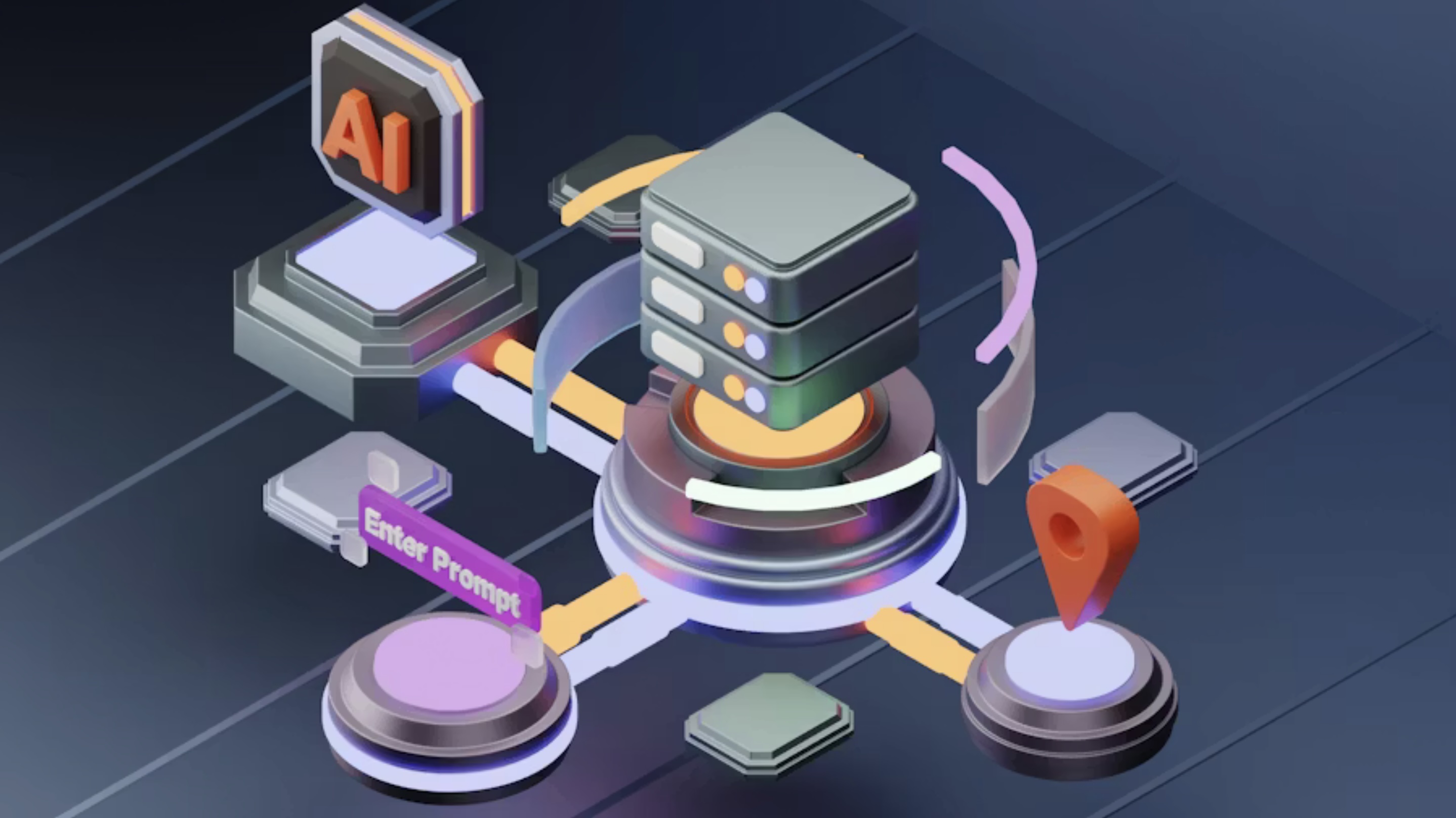
Inspired by the Wall Street Journal article "Why AI Will Widen the Gap Between Top Performers and Other Workers" (Oct. 12, 2025)
According to the research, high performers are more likely to master new AI tools first, apply them creatively, and receive disproportionate credit for AI-assisted success. The result is a two-tier workforce where a small group accelerates rapidly while others struggle to keep pace.
This dynamic reflects a broader truth about the early stage of AI adoption: When intelligence lives only in the hands of individuals, organizations fragment. Knowledge becomes siloed and performance gaps grow. At ImpactWare, we see this as an opportunity for a different approach, one that uses AI to unify rather than divide.

Across industries, AI tools are being introduced as personal productivity aids. Whether it is a creative assistant, data model, or predictive engine, these systems tend to amplify the capabilities of those who already know how to get the most out of them. Domain experts ask better questions, design smarter prompts, and validate results with sharper judgment. Meanwhile, others depend on generic outputs or templates that fail to capture context.
This individual-centric model creates invisible inequality. Organizations risk over-relying on a few AI-fluent power users while underutilizing the rest of their teams. The long-term cost is cultural: fractured collaboration, duplicated effort, and an over concentration of insight and decision-making.
HELIOS was built to counter this dynamic. Instead of isolating AI power in the hands of a few, it embeds intelligence directly into the infrastructure of an organization. That means the insights, learnings, and workflows created by top performers become part of the shared system: accessible, transparent, and continuously improving.
When a strategist, data analyst, or marketer uses HELIOS to refine an audience segment or uncover a predictive pattern, that intelligence does not stay locked in a private workspace. It flows back into the platform, enriching the shared context and strengthening every connected decision. In effect, HELIOS converts individual expertise into organizational advantage.

For enterprises and agencies alike, the value of AI depends on how well it scales across people. A single high performer using AI efficiently is impressive; a connected team using the same intelligence systemically is transformative.
This is what we mean by collective intelligence. It is not about removing human advantage, it is about lifting the entire organization to perform at a higher standard.
AI is changing how organizations work. The question is whether it will amplify inequity or accelerate collective progress. HELIOS is designed for the latter. By embedding AI into the connective tissue of enterprise and agency ecosystems, it ensures that every team member benefits from the best intelligence, not just the best individual.
That is exactly what we at ImpactWare are doing with HELIOS.

